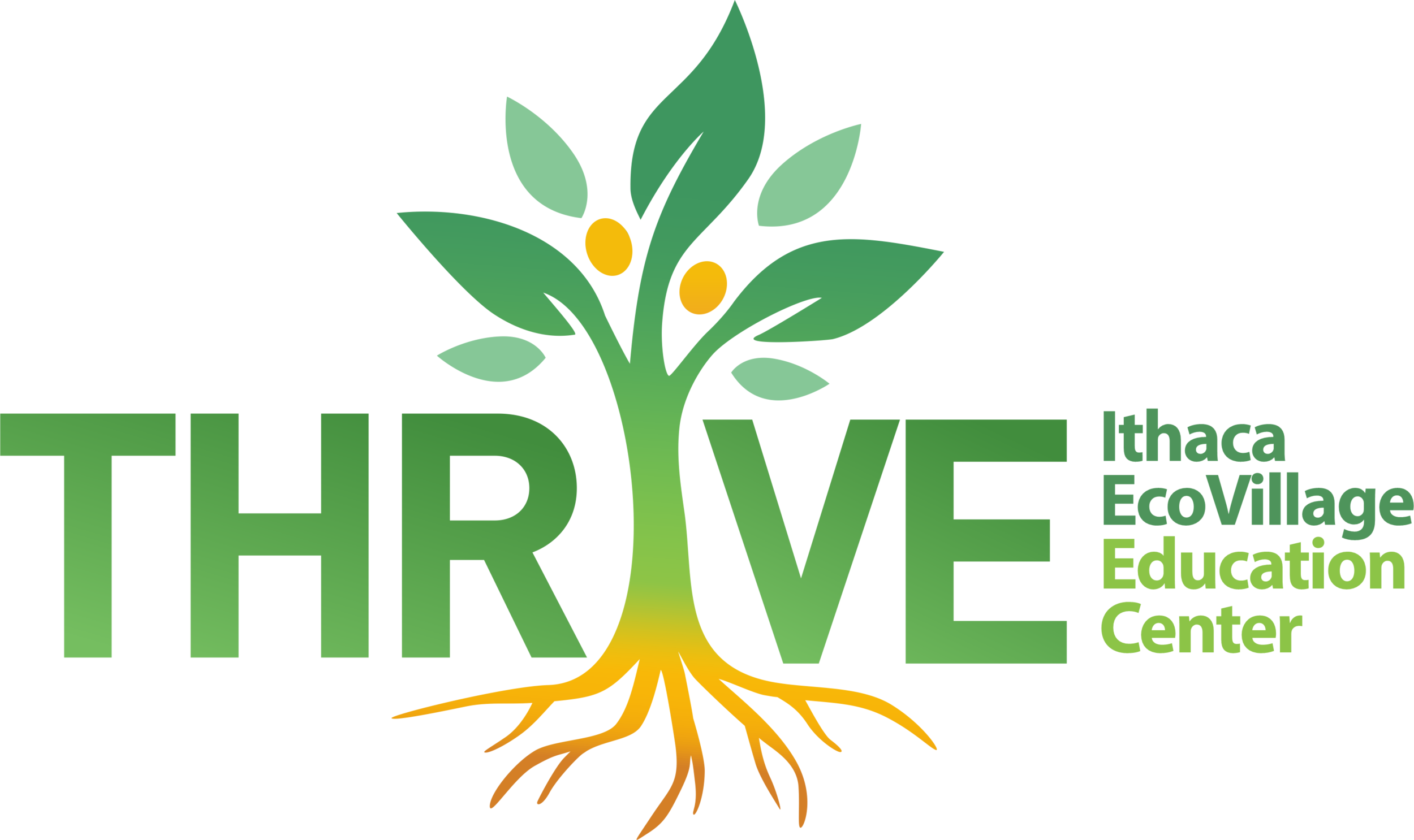Frequently asked questions
Liz Walker, co-founder of EcoVillage at Ithaca addresses common questions about our community.
-
Thrive Ithaca EcoVillage Education Center offers tours and programs to share the lessons of EcoVillage living. The Global EcoVillage Network has tons of great information and online programs about ecovillage design and practices. Check out their education page- they have programs on ecovillage design, permaculture, and how to start an ecovillage!
The Thrive YouTube Channel also seeks to provide resources for those looking to start an ecovillage. This video in particular dives into the nuts and bolts.
-
There are two wonderful resources for finding ecovillages:
Global EcoVillage Network - this is a global network of ecovillages around the world. Take a look - we’re everywhere!
Foundation for Intentional Communities - while this is the go-to directory site for communities in the U.S., it also includes some communities around the world.
Another Cohousing website provides a directory of built and forming cohousing communities in the U.S.- there are over 300 listed, although some are in the planning stage.
-
All are welcome. We do have a process that helps prospective residents to learn about EcoVillage and help them make sure this is a good fit. You can find out more about the membership process at: https://ecovillageithaca.org
-
The 100 households that live at EcoVillage Ithaca are primarily middle-class, some with more resources, and some with less. Affordability has been a key concern from the beginning, and it is one of our more challenging issues. Although we have found some ways of keeping initial construction prices low, as houses are sold, the prices go up. The pandemic has also created a spike in prices here, as elsewhere around the country. There are some rentals here, and those tend to be more affordable for people with less money, making for a more diverse community.
Living costs tend to be lower here than the surrounding area, since we have easy access to home gardens and farm produce, and utility costs are much lower, since our homes are very well insulated, and get solar gain in the winter. Families with young kids tend to share outgrown clothes and toys, and we often share vehicle use, outdoor equipment, and many other things.
-
A note from our founder, Liz Walker: “I used to live in San Francisco, and I really miss the diversity of so many races and cultures in one place! Upstate New York is primarily rural and white, although Cornell University attracts a lot of international students to Ithaca. EcoVillage Ithaca reflects the surrounding community’s demographics, and is primarily white, with some people of color and some international families.”
We value diversity and would love for our community to be more racially diverse.
We are working to address racial and economic disparities, sharing the resource that is our land. We recently supported an initiative to build homes for Burmese refugee families on EcoVillage land. We also house the Groundswell Incubator Farm which provides land and mentorship for beginning farmers from minoritized communities.
-
EcoVillage Ithaca is an intergenerational community. We have families with young children and teens, singles in their 20s and up, and retirees. Check out this short video to get a glimpse of village life for young people. As our founders become community elders, we are investing in opportunities to age in place.
-
Young families love living in EcoVillage. Children have access to playgrounds and the natural world, and of course, more children to play and grow up with. Many young families have informal and formal arrangements to help one another with childcare. To hear more about the experience of families, watch this short, great video made by Fred Laloux and Helene Gerin, parents of two young children at EcoVillage.
-
When we first purchased our 175 acres, we worked with the Town of Ithaca planning department and told them of our vision. Because we wanted to do something so different from typical development, It became clear that rather than change zoning laws one by one, it was most efficient to create our own zoning. The planners assisted us in writing a Special Land Use District (now called a Planned Development Zone or PDZ). It took us about a year to go through the process of co-writing it and then getting it approved by the Town Planning Board and the Town Board. Since that time, we have revisited it, and revised it several times to include features that we didn't anticipate having 25 years ago. You can access a copy of this document through the Town of Ithaca website EcoVillage Special Land Use District.
We chose to include designating some areas as natural areas and some for agriculture and some for residential. In the residential section we allowed ourselves to build more densely clustered dwellings, use pedestrian streets, and build somewhat taller buildings, among other major variations from typical development.
It really helped that we live in a fairly progressive town, in which many people have a desire to help to protect the environment. It wasn't necessarily easy to get these passed, partly because nobody knew anything about ecovillages or cohousing communities at that time. However, you now have examples that you can point to, including our own.
-
No, no more homes are planned to be built at EVI. Although the original vision for EVI included five neighborhoods and 150 homes, after completing the third neighborhood TREE in 2015, the community decided it had reached its capacity. Developing cohousing neighborhoods takes considerable time, financing, material resources, and commitment. Some feel that to increase the size of the community would also jeopardize residents’ abilities to connect and feelings of belonging.
Find lots more information on our YouTube Channel.
If you have additional questions, please email us at contact@thriveithaca.org.
This infographic summarizes survey responses from 74 out of 100 ecovillagers, from the fall of 2021.

